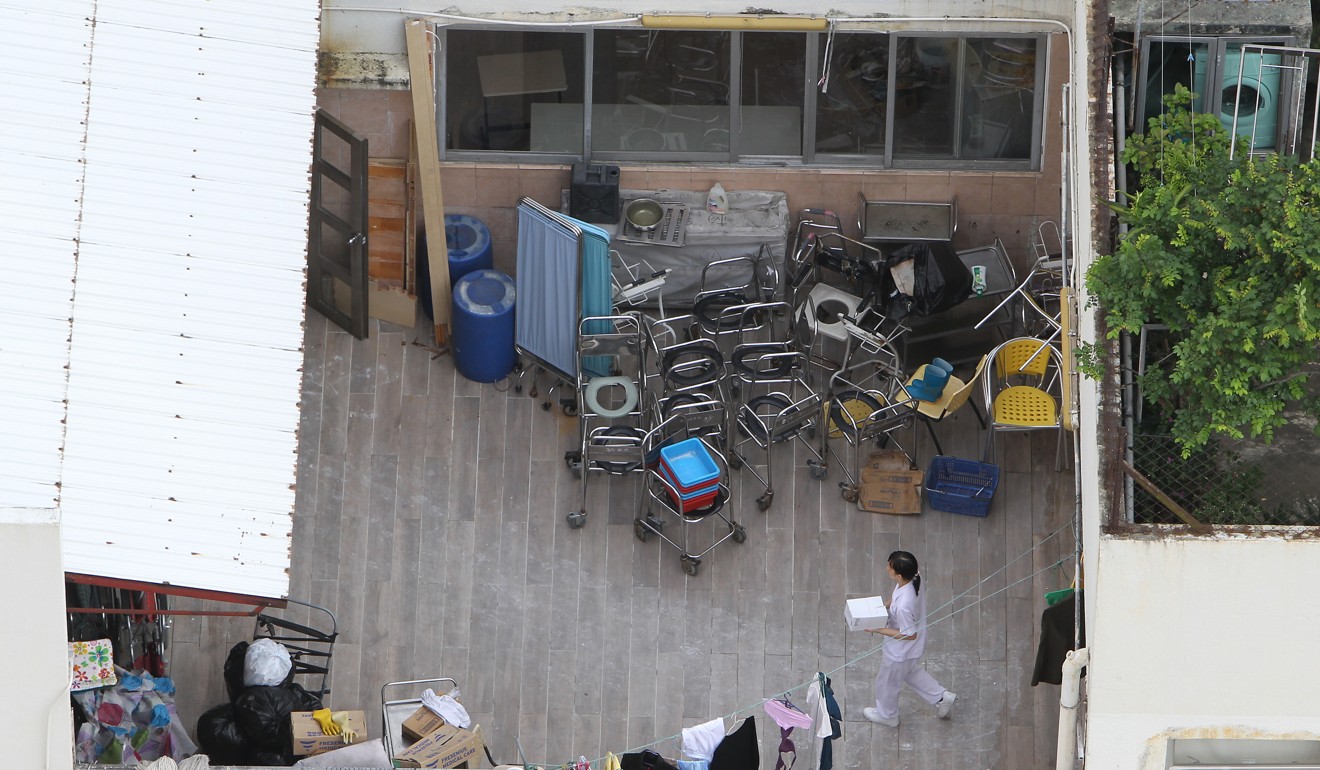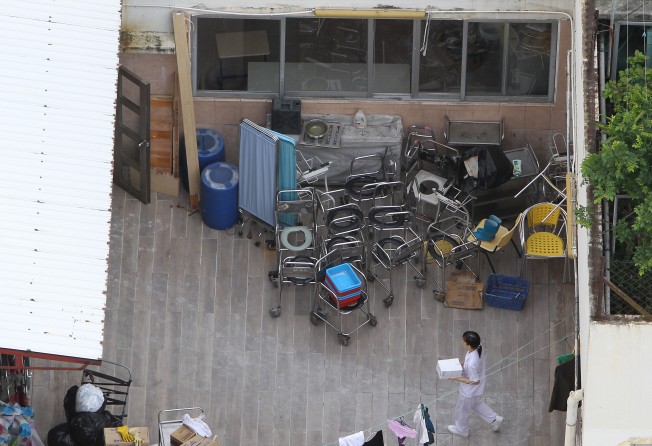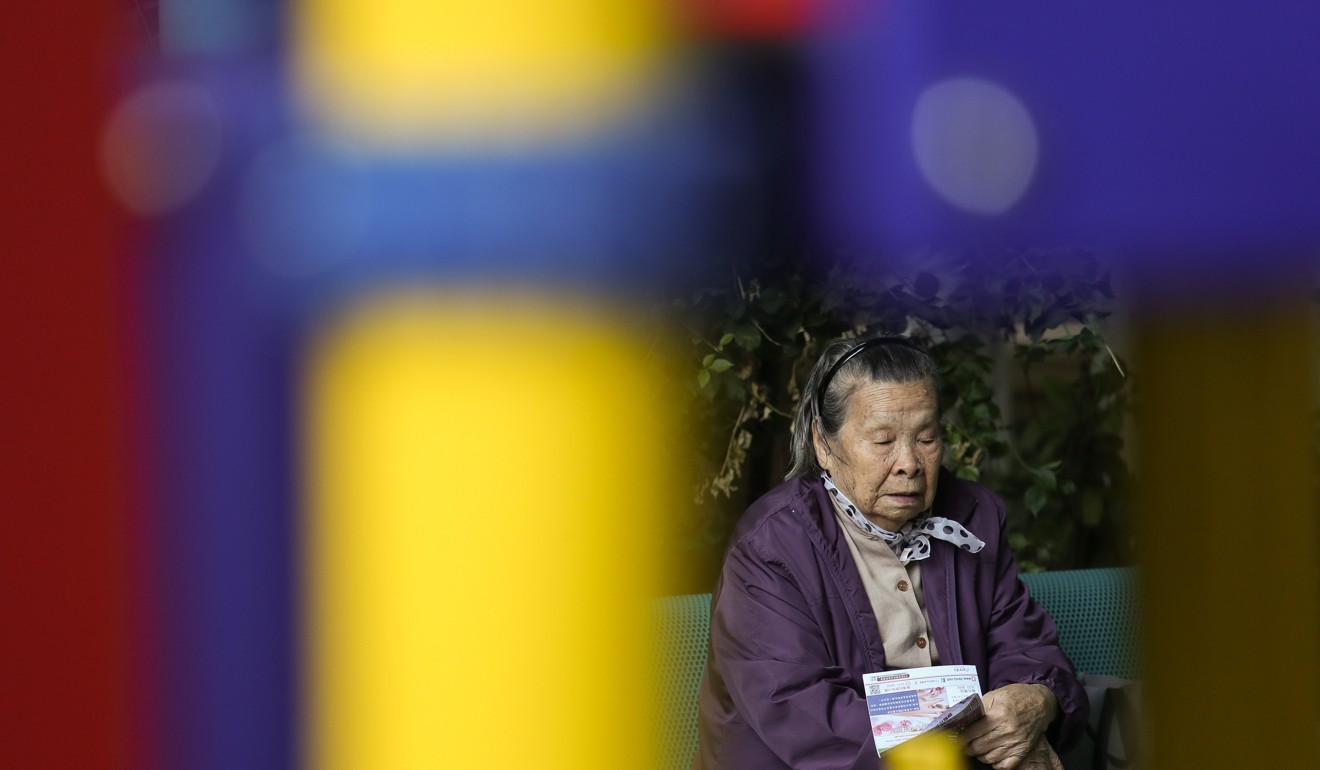
Time to bring in mandatory accreditation scheme for Hong Kong’s care homes, says senior government official
- Executive Council member Dr Lam Ching-choi says time may have come to impose effective method of control on industry
- City has five voluntary schemes, but little in way of enforcement measures

Mandatory accreditation should be introduced to Hong Kong’s elderly care homes to improve the quality of services, a leading government adviser has said.
Dr Lam Ching-choi, chairman of the Elderly Commission and an Executive Council member, made the comments on Saturday after a report from the city’s ombudsman on the Social Welfare Department’s failings to adequately enforce regulations governing the standards required of care homes.
The report also exposed systemic failings within the industry as a whole.

Between 2014 and 2018, the department issued about 2,000 to 3,000 advisories a year to Hong Kong’s care homes; some received warnings on multiple occasions, but not a single home had its licence revoked over that time.
The quality of care provided for the city’s elderly residents was thrust into the spotlight in 2015, after Cambridge Nursing Home in Tai Po was exposed for leaving its tenants naked or half-dressed in the open air for up to 1 ½ hours before staff took them to the shower.
And, while there are voluntary accreditation schemes in place for the city’s care homes, Lam said such arrangements should be made mandatory.
“A voluntary accreditation arrangement would not be effective enough,” Lam said. “[The government] could only rely on regulation and inspections. These are relatively passive quality control methods.”
He said accreditation schemes, which often require the organisations being accredited to make continuous improvements in the quality of service, could lead to better performance and self-regulation among care homes.
According to the department’s information, there are at least five schemes in the city that offer accreditation to the management and service quality of more than 700 residential care homes for the elderly.
Schemes with better public recognition, such as the one run by the Hong Kong Association of Gerontology, should be selected if it was made mandatory, according to Lam.
He said the introduction of mandatory accreditation should be done in phases, and hoped that care homes could be encouraged to get accredited, before the government was forced to make it mandatory.
The government is planning to launch a scheme, starting early next year, to provide full subsidies for all private residential elderly care homes to join accreditation schemes.

Grace Li Fai, chairwoman of the Elderly Services Association of Hong Kong, agreed there was a need for accreditation in the industry.
“If the government made this measure mandatory, the industry would definitely follow,” she said.
Li noted that accreditation could help create better management guidelines, and reduce the rate of undesirable incidents.
Meanwhile, Lam said he hoped the minimum required standard of elderly care homes would be raised to the EA1 level in the future.
Care homes with a EA1 standard have a better quality in terms of space and staffing. For example, while the regulation required the minimum area per resident in a care home to be 6.5 square metres, an EA1 home means it is 9.5 square metres for each resident.
Lam said homes that cannot make improvements would be eliminated in the long run.